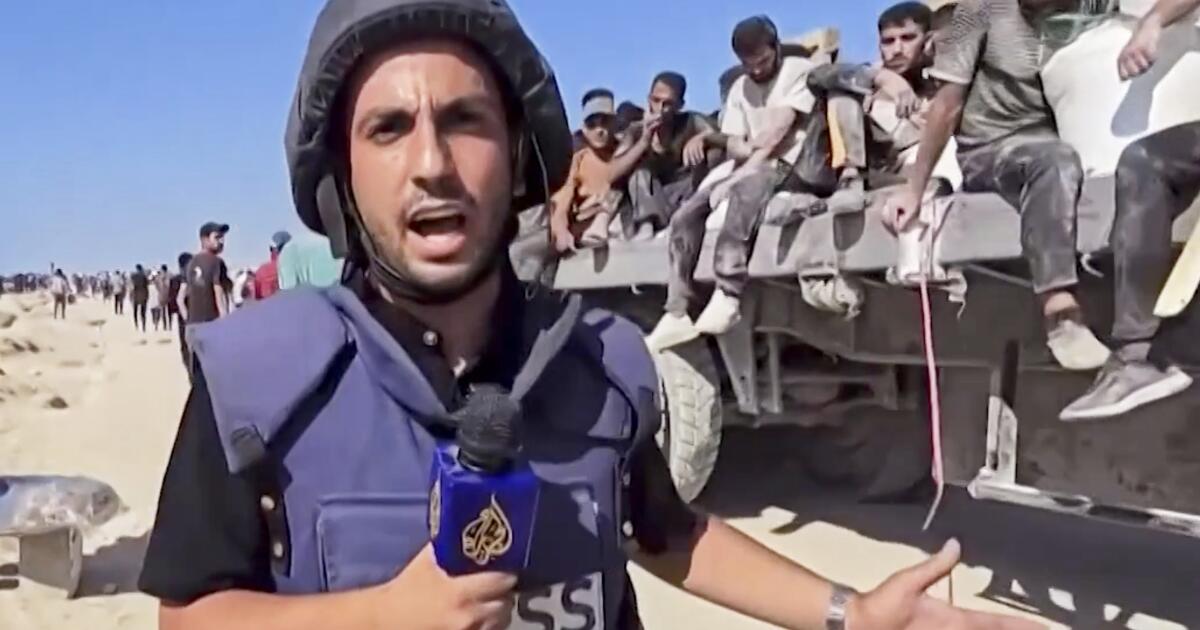BEIRUT (Reuters) – German authorities have cancelled their arrest warrant for Lebanon’s former central bank chief Riad Salameh but are continuing their probe into him and keeping his assets frozen, the Munich prosecutor’s office told Reuters on Wednesday.
Salameh, 73, was Lebanon’s central bank governor for 30 years until July 2023. Last year, in his final months as governor, Germany issued an arrest warrant for him on corruption charges, two sources in Lebanon told Reuters.
Responding to questions from Reuters, a spokeswoman for the Munich prosecutor’s office confirmed on Wednesday that the arrest warrant had been cancelled but said “our investigations are ongoing”.
The spokeswoman said the cancellation had come after an appeal from the defendant, and because he no longer held the position of central bank chief – meaning “there is no longer any risk that he will suppress evidence in this function.”
Salameh declined a Reuters request for comment on the development.
Salameh and his brother Raja are being investigated in Lebanon and at least five European countries for allegedly taking hundreds of millions of dollars from Lebanon’s central bank and laundering the funds abroad. They deny the accusations.
Germany confirmed in February that it was conducting money laundering investigations into Salameh and his brother, and had issued an arrest warrant.
The Munich public prosecutor’s office said in February it had also seized three commercial properties in Munich and Hamburg with a total value of around 28 million euros, and shares worth around seven million euros in a Duesseldorf-based property company, as part of the case.
On Wednesday, a spokeswoman for the public prosecutor’s office said it had “dismissed as unfounded” an appeal against the seizure order, which it said dated back to Jan. 26, 2023.
Lebanese judge Helene Iskandar, who has charged Salameh in a separate case in Lebanon and has been following up on the foreign probes into him, confirmed on Wednesday that the warrant had been cancelled but that Germany’s investigation into Salameh would remain open.
(Reporting by Maya Gebeily and Laila Bassam in Beirut and Joern Poltz in Germany; editing by Christina Fincher)
